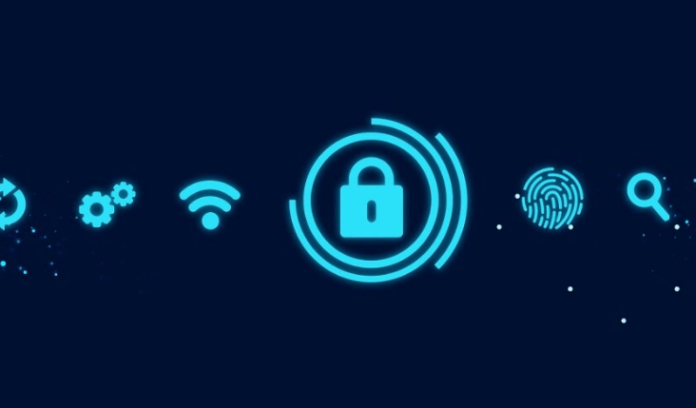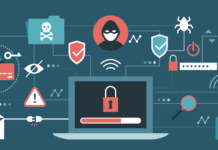A smaller business can do a lot to protect itself against cybercrime. With good agreements, personal alerting, and two-step authentication for your passwords , you can make your business much more digitally secure. The cybersecurity for businesses is an essential service that many businesses overlook.
Half of Indian companies suffer a security incident every year, there are great differences between companies, but cybersecurity revolves around principles that apply to every entrepreneur . Based on these 4 points, every entrepreneur, big or small, can work in a digitally secure company.
A complete advice that will guide you in the first steps to follow in the creation of a company, recommending services and suppliers .
1 – Access: Strong passwords and two-factor authentication

Two-factor authentication gives you more secure access and has less chance of a digital intrusion into your system. Digital access is not just about technical security, but also about the behavior of your staff.
Who has access to the different systems? Check if people don’t have unnecessary access.
If only a few people can enter a system , it seems more secure. Inform these employees not to share passwords with others.
What requirements does each system place on passwords? Have the user change passwords regularly.
With two-step verification, you provide additional security and the attacker will not be able to access your company information.
2 – Keep cybersecurity software updated
It is important to install the latest updates and provide your system with security software. The main threats are phone calls, emails or messages in which the staff themselves start doing something with software that later turns out to be unsafe, that is, phishing.
Software vendors are constantly looking for weaknesses and areas for improvement. Take advantage of automatic updates for all your software.
Always secure your company’s WiFi network in accordance with the WPA2 standard at a minimum.
Invest in cybersecurity for everything connected to the internet. So in addition to your computer network, also laptops, phones and peripherals . In this way, it keeps ‘malware’ (virus) and ‘ransomware’ (ransomware) at bay. And you will get a warning for suspicious emails or unsafe websites.
Ask your cybersecurity provider for specific knowledge about fighting cybercrime and agree on a Service Level Agreement (SLA). In this SLA you establish agreements on what services, quality, maintenance and risk limitation offers the cybersecurity company.
A website with SSL / TLS certificates is more secure. Then your web address begins with ‘https’. Also ask your website administrator to protect you against ‘Ddos attacks’.
As easy as it may be, don’t use free or outdated apps . App builders on a budget can’t afford to spend a lot to protect their data.
3 – Online services

Companies and organizations also work remotely , especially since the Coronavirus pandemic. And companies are also using “cloud” storage.
The corporate network must also be easily accessible online. Make sure home workplaces are as safe as they are at the company and use 2-Step Verification.
Do not use a public WiFi network while traveling. Create yourself a mobile hotspot for your laptop via your mobile phone’s 4G / 5G network. Or work with a VPN connection over Wifi.
The company that provides the storage of your data ‘in the cloud’ must also comply with the Indian guidelines of the GDPR .
4 – Conscious handling of information

Make sure you have good agreements to store your digital information in the safest way possible . Especially when it comes to privacy sensitive information. And if something happens, what steps should you take?
Make regular backups of your data and store it on different systems. Make sure at least one version is stored outside of your company, for example in the cloud.
Take special care with customer information such as addresses and invoices. Your company information is confidential . It is important that you store them securely, preferably encrypted, to avoid data leaks.
Indian privacy legislation has been in force since 2018. All organizations are obliged to report the risk of data breaches to the Data Protection Authority within a period of no more than 72 hours.
If you are the victim of a cyber-crime, contact the fraud help desk and report the matter to the police or request an investigation from the cyber security company.











